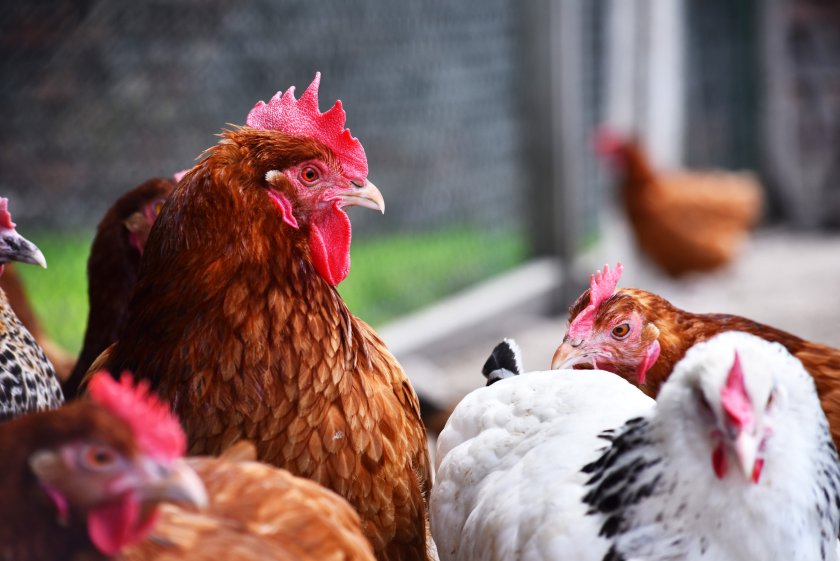
Defra has lifted its ban on gatherings of certain poultry and birds, including chickens, turkeys and pheasants, following the UK's largest ever outbreak of bird flu.
From Wednesday (23 August), gatherings of birds, which also include partridge, quail and guinea fowl, are permitted.
However, gatherings of ducks, geese and swans are still banned, Defra said.
The changes only apply to England, with all gatherings still banned in Scotland and Wales.
Farmers and keepers still need to follow the requirements of the poultry gathering general licence and notify the Animal and Plant Health Agency (APHA) at least 7 days before the event.
Since late 2021, the UK and Europe has been experiencing one of the worst avian influenza outbreaks on record, with tens of millions of poultry culled.
Earlier this year, four poultry workers in England contracted avian influenza after they came into contact with infected birds.
Despite this, the government recently lifted the Avian Influenza Prevention Zone (AIPZ) for poultry and captive birds, introduced to help stop the spread of bird flu, as the risk of the disease was reduced to 'low'.
Dr Christine Middlemiss, the UK’s chief veterinary officer, said 'scrupulous biosecurity' remained the most critical form of defence to help keep birds safe.
She said: "The unprecedented nature of this outbreak has proven it’s more important than ever for bird keepers to remain vigilant for signs of disease and maintain stringent standards of biosecurity.”
